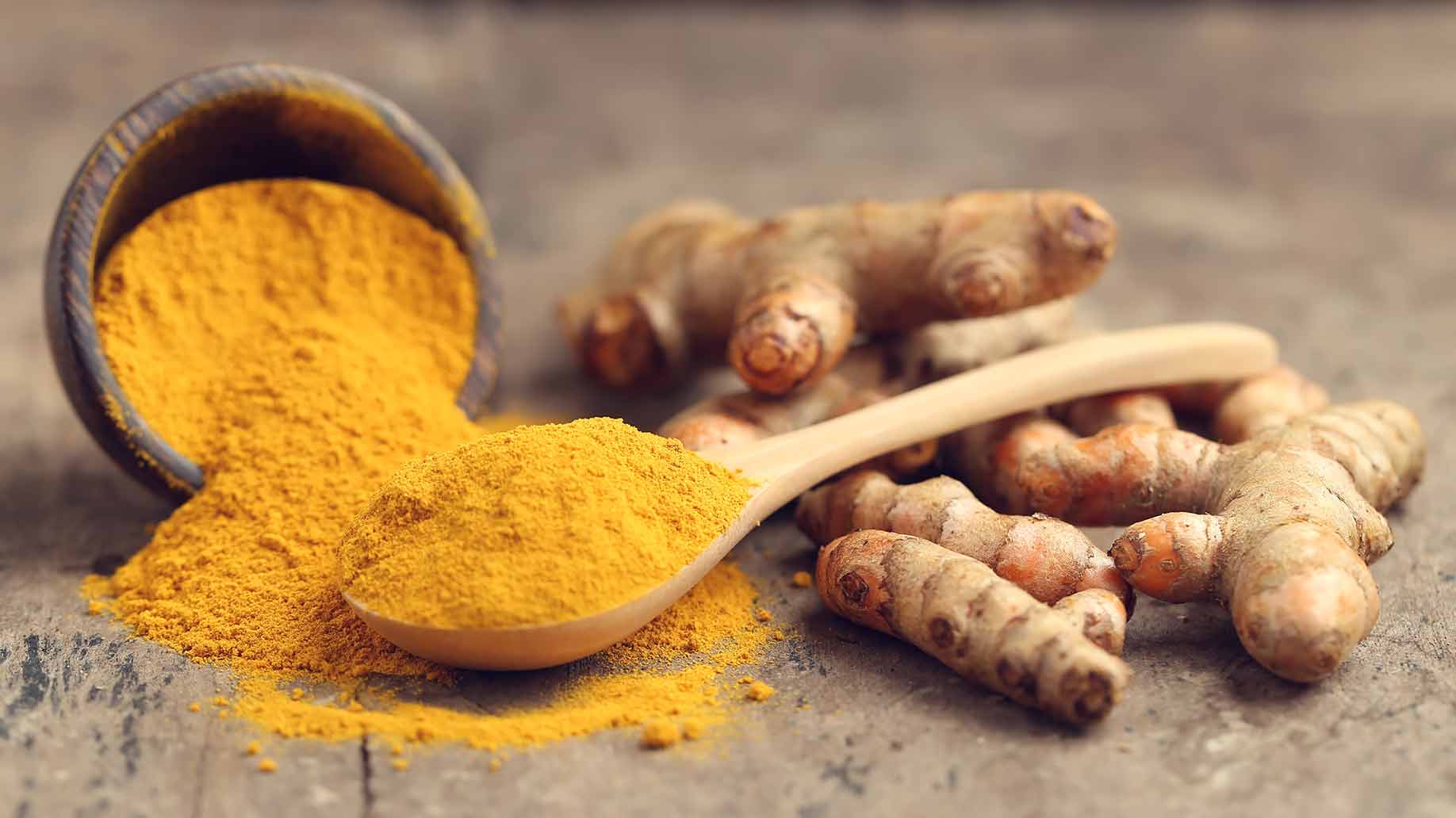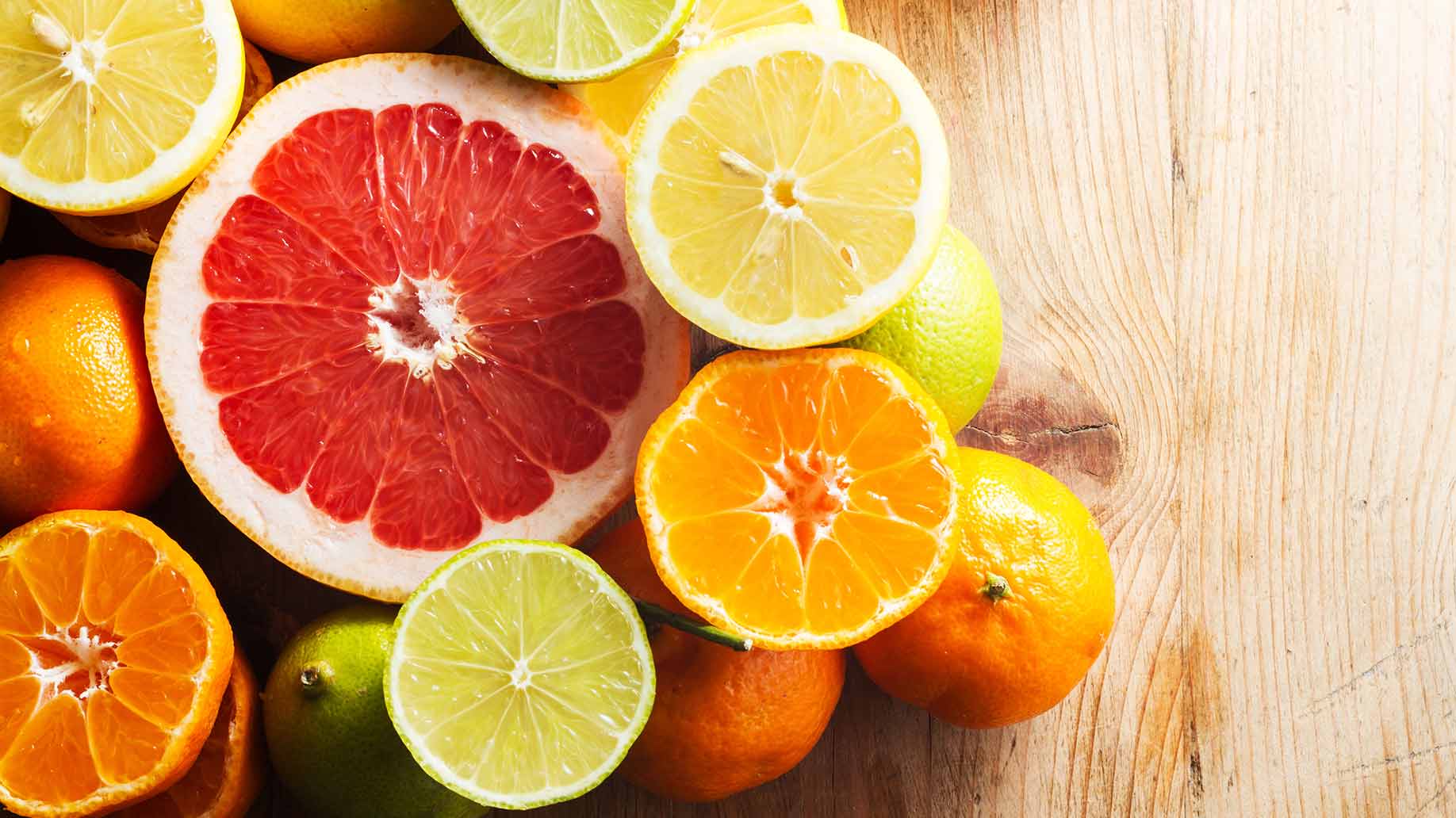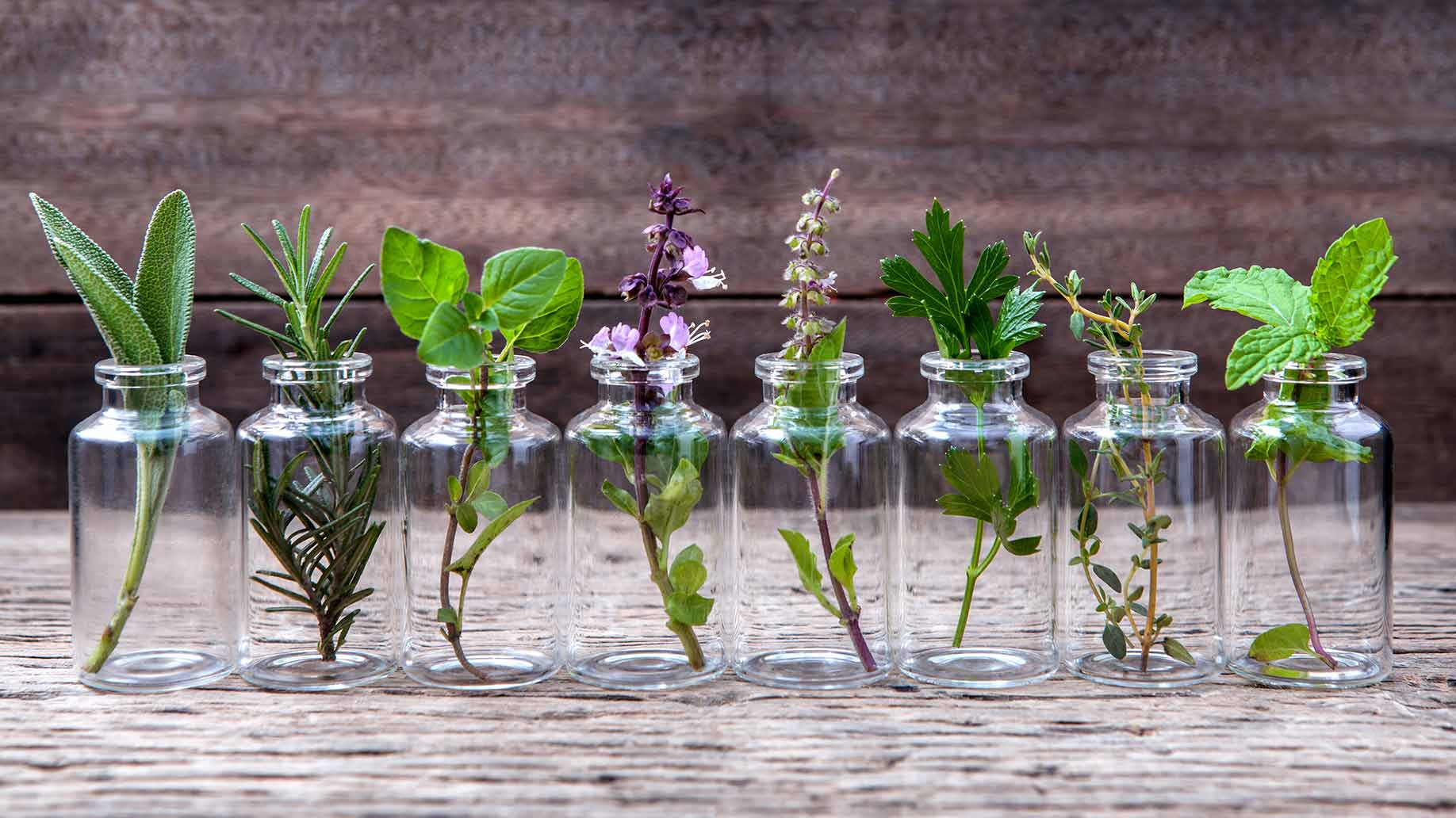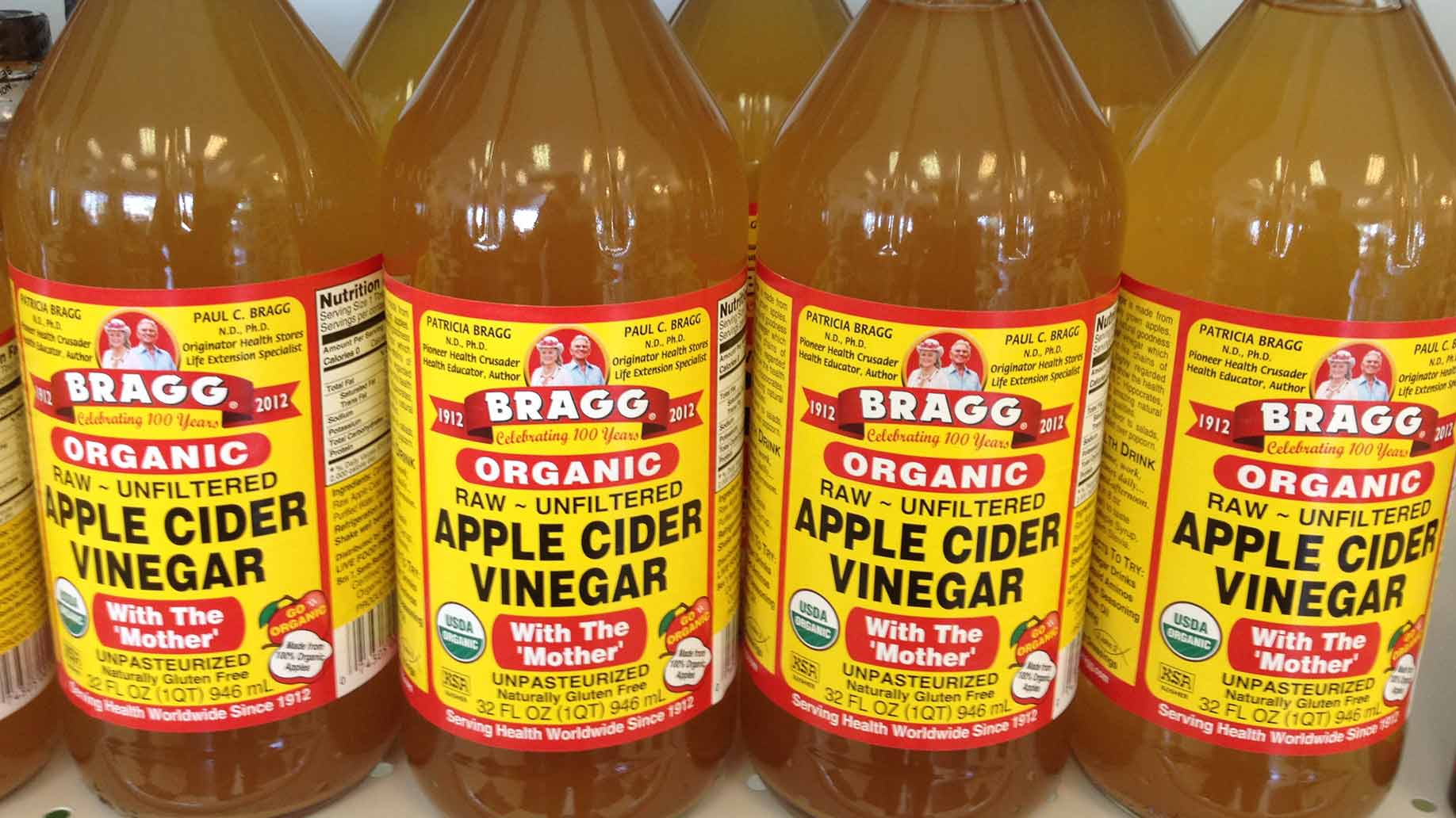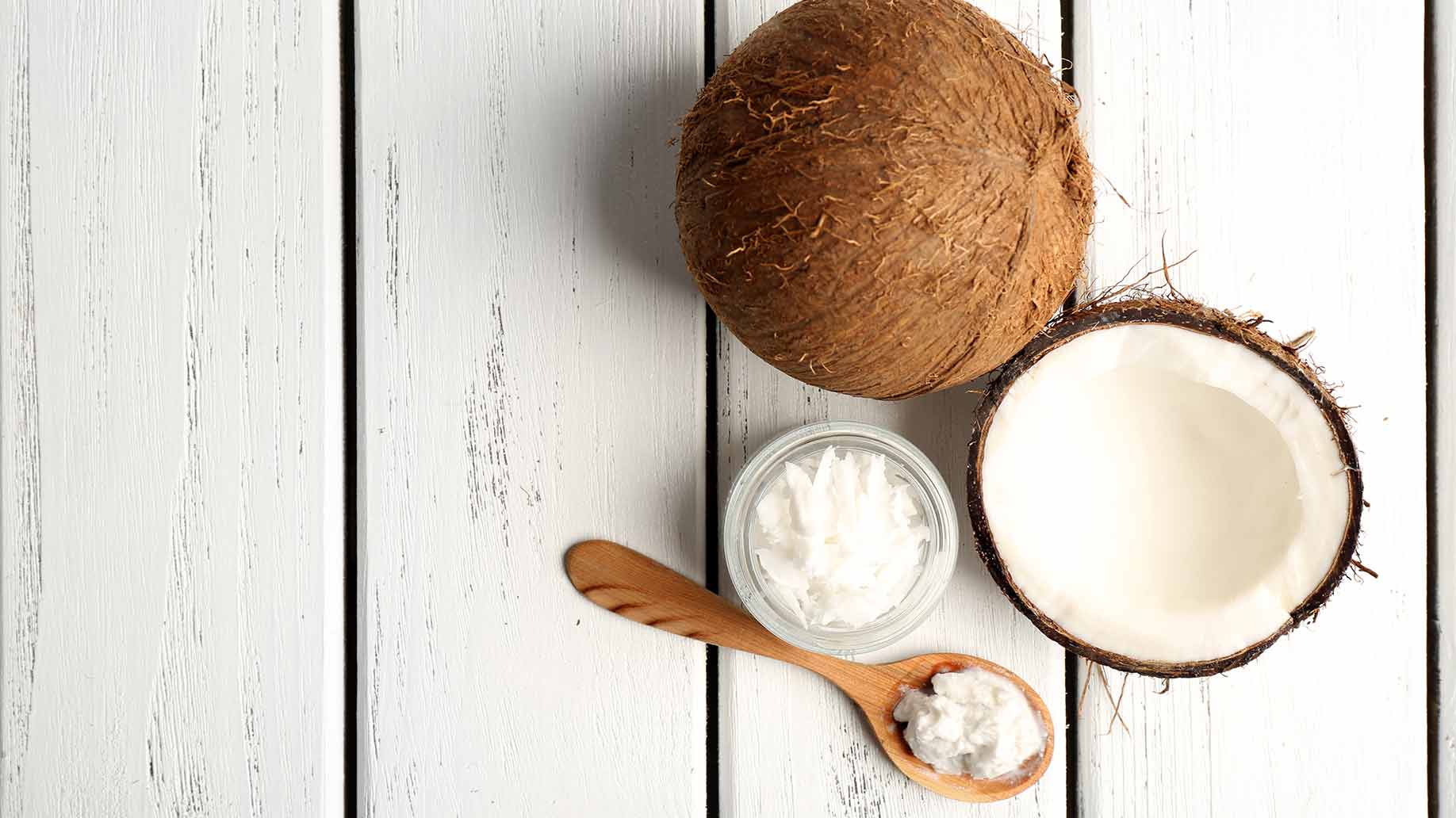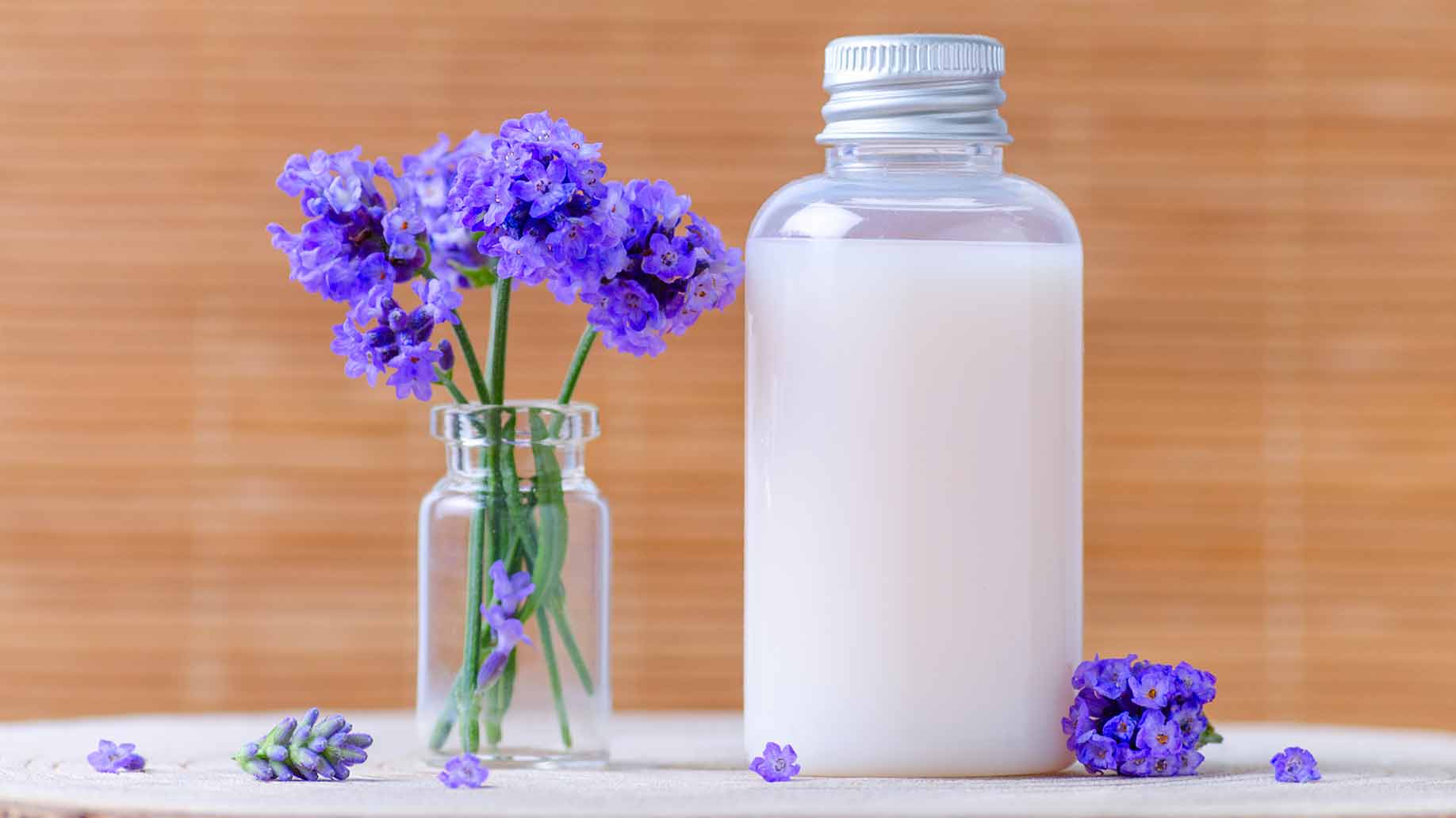Turmeric is a popular yellow spice used in Indian and other Asian dishes and is also used in traditional Indian medicines to treat a variety of disorders. It is the most studied herb there is and has thousands of studies to back it up.
Turmeric contains active polyphenols called curcuminoids. One of these compounds, curcumin, is the active ingredient in turmeric. It has demonstrated antioxidant, anti-inflammatory, antibacterial, antiviral and anticancer activities in laboratory tests.
A 2014 review article published in Cancer Research and Treatment notes that over 100 clinical studies have been carried out with curcumin. Extensive research has shown that it plays a vital role in the prevention and treatment of several chronic inflammatory diseases including pulmonary, cardiovascular, metabolic, neurodegenerative and autoimmune disorders.
Turmeric Spice vs. Turmeric Curcumin Supplements
Turmeric spice powder sold for cooking is ground dried turmeric root. It contains about 3% curcumin by weight. Most turmeric supplements are made with a combination of turmeric root and concentrated turmeric extract. Turmeric extract contains about 95% curcumin. The more turmeric extract contained in a supplement, the higher its curcumin content.
A supplement capsule containing half a gram of turmeric extract could provide around 400 mg of curcumin, whereas half a gram of turmeric spice powder would give you only 15 mg of curcumin.
Clinical trials have shown health benefits with doses of curcumin ranging from 200-1,200 mg per day. It’s unlikely you could obtain this amount simply by adding turmeric spice to your food. That said, the fact that diseases such as cancer are much less prevalent in parts of Asia where turmeric is part of the daily diet supports the concept that even very small doses of curcumin could be beneficial.
Recommended:
- Turmeric, Curcumin – Organic Capsules
- Turmeric Powder
- Curcumin Turmeric – Organic, Non-GMO Capsules
- Turmeric Curcumin with Bioperine and Black Pepper Capsules
Bioavailability
Curcumin is poorly absorbed, so simply eating turmeric in normal quantities will not provide you with the full range of health benefits. Fortunately, there is a natural way to boost the bioavailability of curcumin.
Piperine, a major component of black pepper, inhibits the metabolism of curcumin in the liver and intestine, allowing far greater quantities to enter the bloodstream.
A study published in Planta Medica investigated the influence of piperine on the bioavailability of curcumin in healthy human volunteers. After participants took a 2 gram dose of curcumin, blood levels of the substance were either undetectable or very low. When they took the curcumin along with 20 mg of piperine, blood concentrations of curcumin were much higher. Bioavailability of curcumin increased by 2,000% one hour after consuming it with piperine.
Curcumin supplements containing piperine are widely available. Scientists are currently developing various other types of formulations to increase the bioavailability of curcumin. One type currently marketed in the US is nanocurcumin. These supplements contain curcumin with a much smaller particle size, making it more easily absorbed into the body’s cells.
7 Evidence-Based Health Benefits of Turmeric & Curcumin
1. Asthma & Allergies

The symptoms of asthma and allergic rhinitis (hay fever or seasonal allergies) occur when inflammation constricts airways.
Research on mice has shown that curcumin inhibits the signals of a group of receptors which play an important role in allergic airway inflammation. Another study found that curcumin prevented structural alterations in the airways associated with chronic asthma such as smooth muscle thickening and mucus secretion.
A study published in the Journal of Clinical and Diagnostic Research evaluated the efficacy of curcumin as an add-on therapy for asthma patients. A total of 60 adults with mild-to-moderate bronchial asthma were randomized into 2 groups. One group received standard asthma medications and the other group received standard asthma medications plus a daily 500 mg curcumin capsule.
Patients’ symptoms and the results of pulmonary function tests were assessed at the start of the study and at 3 consecutive visits to the clinic over the course of 30 days. Both groups showed a similar reduction in asthma symptoms, however, the curcumin group had a significantly greater improvement in Forced Expiratory Volume (FEV1), a common test for airway obstruction.
A pilot study published in the Annals of Allergy, Asthma and Immunology investigated the effects of curcumin on nasal symptoms in patients with seasonal allergies. Researchers randomized 241 patients with allergic rhinitis to receive either a placebo or curcumin supplements for 2 months. Nasal symptoms, nasal airflow resistance and markers of inflammation were assessed before and after the trial.
Curcumin alleviated symptoms such as sneezing, runny nose and nasal congestion through reduction of nasal airflow resistance. The researchers also found that curcumin modulated the immune response to allergens by increasing the production of anti-inflammatory proteins.
2. Depression

Three neurotransmitters in the brain, known as monoamines, are thought to regulate mood: serotonin, norepinephrine and dopamine.
Monoamine oxidase (MAO) is an enzyme that weakens these neurotransmitters. A class of anti-depressant drugs called monoamine oxidase inhibitors (MAOIs) reduce the activity of the enzyme MAO. This increases levels of monoamines, which leads to improved mood.
Research on rodent behavior and rodent brains has shown that curcumin inhibits the activity of MAO enzymes in the same way as MAOI drugs, which leads to a decrease in depressive-like symptoms.
A trial published in the Journal of Affective Disorders tested the use of curcumin for the treatment of depression in humans. A total of 56 patients with major depressive disorder were randomized to receive either 500 mg curcumin twice daily or a placebo for 8 weeks.
Severity of depression was assessed using the Inventory of Depressive Symptomatology at the beginning of the trial and at 4 and 8 weeks. From weeks 4-8, curcumin was significantly more effective than the placebo in improving several mood-related symptoms.
A trial published in Phytotherapy Research compared the efficacy of curcumin with fluoxetine (Prozac) in patients with major depressive disorder. Fluoxetine is a selective serotonin reuptake inhibitors (SSRI) medication often prescribed for the treatment of clinical depression. A total of 60 patients with major depressive disorder were randomized into 3 groups. One group took 20 mg of fluoxetine, one group took 1 gram of curcumin and the third group took both fluoxetine and curcumin.
The severity of patients’ depression was assessed using the Hamilton Depression Rating Scale before and after 6 weeks of treatment. In the combination group, 78% of patients responded to treatment compared to 65% in the fluoxetine group and 63% in the curcumin group. The average improvement in depression scores was comparable in all 3 groups.
3. Alzheimer’s Disease

Alzheimer’s disease degrades neurons in the brain through a process involving inflammation, oxidative damage and the formation of beta-amyloid plaques.
Curcumin has powerful anti-inflammatory and antioxidant properties. It also appears to boost the ability of the immune system to destroy beta-amyloid proteins. Large scale human studies have yet to prove the efficacy of turmeric or curcumin for treating Alzheimer’s disease but individual case studies are promising.
Research has shown that the prevalence of Alzheimer’s disease among adults aged 70-79 is 4.4 times lower in India than in the United States, where turmeric is frequently consumed.
A study published in the American Journal of Epidemiology examined the association between curry consumption and cognitive function in the elderly. Researchers administered the Mini-Mental State Examination (a standard diagnostic test for cognitive function and dementia) to a cohort of 1,010 Asians aged 60–93. The participants were also asked about their frequency of curry consumption. Those who ate curry occasionally (less than once a month) and often (more than once a month) performed significantly better on the MMSE than those who never or rarely ate curry. The difference was equivalent to a 10-year age-incremental effect.
A laboratory study published in the Journal of Alzheimer’s Disease investigated whether curcumin could help macrophages clear amyloid plaques. Macrophages are specialized cells of the immune system involved in the detection and destruction of foreign proteins. Researchers tested macrophages from the blood of 6 Alzheimer’s disease patients and 3 healthy controls. They found that amyloid-beta uptake was significantly lower in the macrophages from the Alzheimer’s group. When they treated the macrophages with curcuminoids, amyloid-beta uptake by macrophages of 3 of the 6 Alzheimer’s patients significantly increased.
Three case studies of Alzheimer’s patients at Kariya Toyota General Hospital in Japan describe how turmeric treatment improved the behavioral and psychological symptoms of dementia. Two female and one male patient aged 79-84 with severe Alzheimer’s symptoms were given 764 mg turmeric supplements. The patients were evaluated before and after treatment using a neuro-psychiatric questionnaire.
After 12 weeks, total symptom scores decreased significantly. Turmeric was found to be effective for the treatment of delusions, hallucinations, apathy, agitation, anxiety, irritability, and depression.
All 3 patients continued to take turmeric and, after one year, they were able to recognize family members and distinguish them from hospital staff. They all became calmer and were less of a burden on their caregivers.
4. Arthritis

Since turmeric is known to reduce pain and inflammation, it’s not surprising that it’s often used as a complementary therapy for both osteoarthritis and rheumatoid arthritis.
Research on rodents has shown that turmeric inhibits joint inflammation and joint destruction by altering the expression of genes that regulate these processes.
A study published in the Indian Journal of Medical Research compared curcumin with the anti-inflammatory drug phenylbutazone for the treatment of rheumatoid arthritis. Researchers randomized 18 rheumatoid arthritis patients to receive either 300 mg of phenylbutazone or 1,200 mg of curcumin per day. After 2 weeks, both groups showed significant improvement in morning stiffness, joint swelling and walking time.
An Italian study evaluated the efficacy of a complementary arthritis treatment. The supplement combined curcumin with lecithin (a fatty substance derived from soybeans) for increased stability and better absorption. A total of 50 osteoarthritis patients were randomized to receive either standard treatment or standard treatment plus 200 mg of curcumin per day for 3 months.
Patients’ symptoms were assessed before and after treatment on the WOMAC Osteoarthritis Index. Mobility was determined by performance on a treadmill and inflammatory status was measured with a blood test.
The average WOMAC score in the curcumin group decreased by 58%, compared to only 2% in the control group. The distance that patients could walk on a treadmill without pain increased by 336% in curcumin group, but only 31% in the control group. Decrease in markers of inflammation was significantly greater in the curcumin group.
Use of anti-inflammatory drugs decreased by 63% in the curcumin group compared to 13% in the controls. The curcumin group also had significant decreases in gastrointestinal complications, hospital admissions and total treatment costs.
A pilot study published in Phytotherapy Research compared the efficacy of curcumin to the non-steroidal anti-inflammatory drug diclofenac sodium (Voltaren) for the treatment of rheumatoid arthritis. A total of 45 patients were randomized into 3 groups. One group received 500 mg of curcumin per day, another received 50 mg of diclofenac sodium and a third received a combination of curcumin and diclofenac sodium.
Before and after 8 weeks of treatment, patients were given a disease activity score (DAS) based on an examination of 28 joints, a blood test and a pain consultation.
DAS scores significantly improved in all 3 treatment groups. Interestingly, curcumin alone was equally effective to curcumin plus diclofenac sodium. Both of the curcumin groups reduced disease activity by 44% compared to 42% for diclofenac sodium.
All 3 groups also had a significant decrease in pain scores, but curcumin was the most effective pain treatment. Pain decreased by 60% in the curcumin group compared to 56% in the curcumin plus diclofenac sodium group and 50% in the diclofenac sodium group.
5. Heart Disease

The antioxidant and anti-inflammatory effects of curcumin could help protect against cardiovascular disease. The endothelium is a layer of cells that line the arteries and allows them to dilate or constrict to provide sufficient blood flow to the heart.
Curcumin has been shown to improve endothelial function. Endothelial dysfunction is a predictor of future cardiovascular disease. It also lowers cholesterol and protects against the development of arterial plaque.
A rodent study published in Molecular Nutrition & Food Research examined the effect of curcumin on atherosclerosis and its underlying mechanisms. Mice with a genetic predisposition to develop high cholesterol and atherosclerosis were randomized into 3 groups. One group was treated with curcumin, another with statin drug lovastatin, and a control group received no treatment.
After 18 weeks, curcumin and lovastatin treatment had a similar protective effect against atherosclerosis. Both treatments reduced atherosclerotic lesions and fatty deposits in the aortic artery. Curcumin and lovastatin also showed a similar cholesterol-lowering effect, reducing total cholesterol, triglycerides and LDL ‘bad’ cholesterol while increasing HDL ‘good’ cholesterol.
A study published in Phytotherapy Research tested the effects of curcumin extract in patients with metabolic syndrome. A total of 65 patients were randomized to receive either 630 mg of curcumin extract capsules or placebo capsules 3 times a day for 12 weeks.
HDL ‘good’ cholesterol significantly increased in the curcumin group, whereas LDL ‘bad’ cholesterol and triglycerides were significantly reduced. There were no significant changes in the placebo group.
A study published in Nutrition Research investigated the effects of curcumin and aerobic exercise on endothelial function. A total of 32 postmenopausal women were randomly assigned to 1 of 3 groups. One group took curcumin supplements, another group did moderate aerobic exercise training, and a control group had no intervention.
At the start and end of the study, the participants were tested for flow-mediated dilation. In this procedure, ultrasound is used to measure how much the brachial artery dilates in response to an increase in blood flow.
After 8 weeks, flow-mediated dilation increased significantly and equally in the exercise and curcumin groups. No changes were observed in the control group. The researchers suggest that curcumin ingestion could potentially improve the age-related decline in endothelial function.
A study published in the American Journal of Cardiology examined the effects of curcumin on frequency of heart attacks after coronary artery bypass surgery. A total of 121 patients undergoing coronary artery bypass grafting were randomized to receive either a placebo or 4 grams of curcuminoids per day starting 3 days before scheduled surgery and continuing until 5 days after surgery.
Incidence of in-hospital myocardial infarction (heart attacks) decreased from 30% in the placebo group to 13% in the curcuminoid group. Blood markers for inflammation and oxidative stress were also lower in the curcuminoid group.
6. Colorectal Cancer
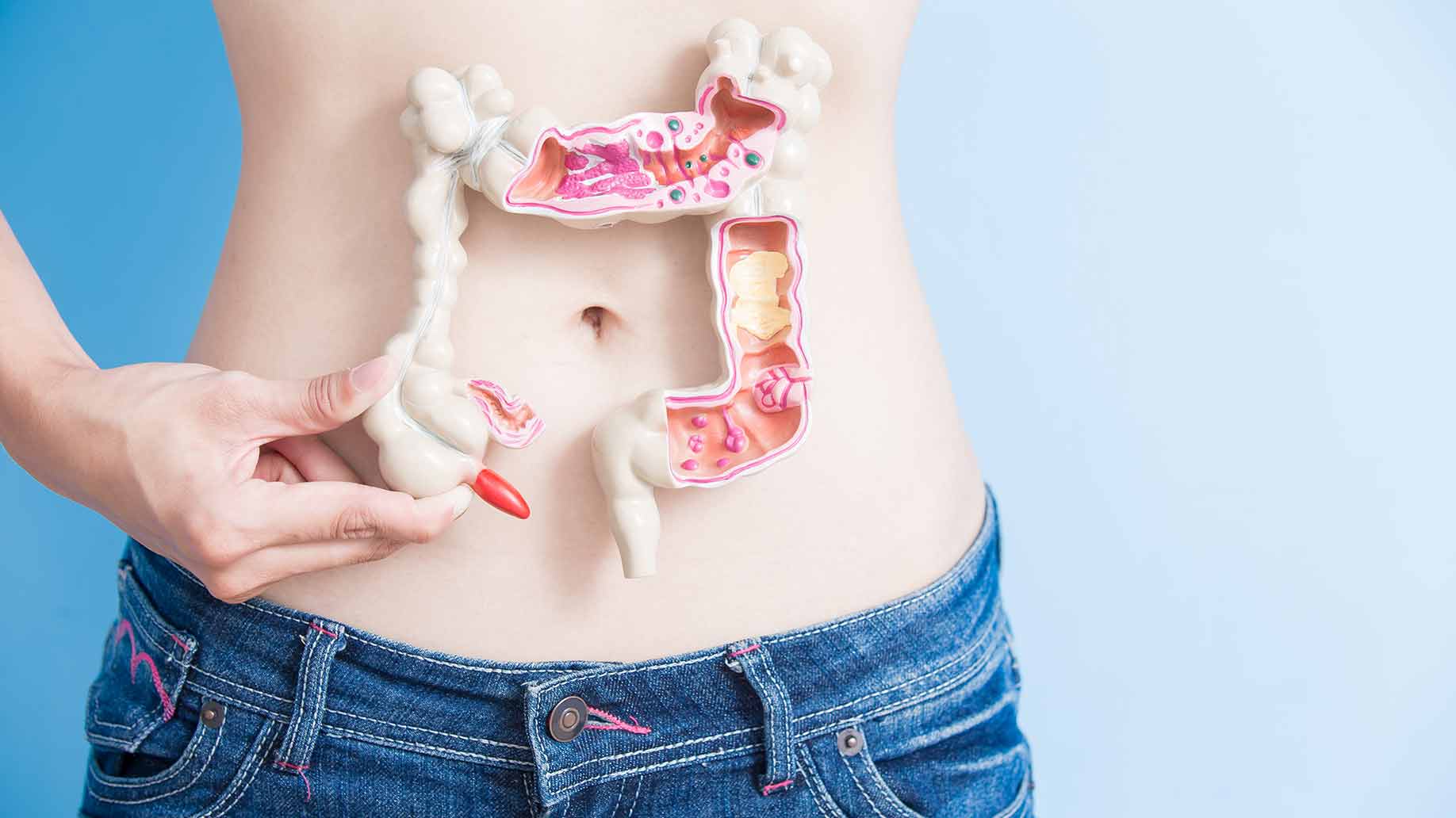
According to researchers at the National Cancer Institute, rates of colorectal cancer are approximately 10 times higher in the United States than in India, where turmeric is widely consumed on a daily basis.
Experimental studies have shown that curcumin can suppress proliferation of a wide variety of tumor cells. It also blocks the activity of nuclear factor kappa-B, a protein associated with cancer cell growth.
Laboratory research have demonstrated that turmeric and curcumin inhibits the growth of 19 clinical strains of Helicobacter pylori, a carcinogenic bacterium linked to the development of colon cancer.
A clinical trial published in Cancer Prevention Research assessed the effects of curcumin in smokers at risk for colorectal cancer. Researchers recruited 41 patients with 8 or more aberrant crypt foci (ACF) discovered during a screening colonoscopy. ACF are clusters of abnormal glands in the lining of the colon and rectum and are one of the earliest changes that may lead to cancer.
Half of the patients took 2 grams of curcumin supplements a day and half took double the dose at 4 grams per day. After 30 days, the participants underwent another colonoscopy. ACF was not significantly reduced in the 2-gram group. However, in the group who took 4 grams of curcumin, ACF decreased by 40%.
7. Type 2 Diabetes

Type 2 diabetes occurs when the pancreatic beta cells are unable to produce enough insulin, or when cells become insulin resistant, causing blood sugar to rise to dangerous levels.
Curcumin can help to control several processes involved in the development and progression of insulin resistance and high blood sugar.
A review of studies on the anti-hyperglycemic and insulin sensitizer effects of turmeric concluded that curcumin can lower blood sugar levels by reducing the production of glucose in the liver and increasing the expression of genes involved in glucose uptake. It also improves pancreatic cell function and stimulates insulin secretion.
A study published in Molecular Nutrition and Food Research investigated whether curcumin has beneficial effects on patients with type 2 diabetes. A total of 100 overweight or obese type 2 diabetes patients were randomly assigned to receive either 300 mg of curcuminoids per day or a placebo for 3 months. Curcuminoids supplementation significantly decreased fasting blood sugar and indicators of insulin resistance.
A trial published in Diabetes Care assessed the efficacy of curcumin in delaying development of type 2 diabetes in the pre-diabetic population. A total of 240 patients diagnosed with pre-diabetes were randomized to receive either six 250 mg of curcumin capsules a day or placebo capsules. The patients also received diet and lifestyle training.
After 9 months of treatment, none of the patients in the curcumin group had developed type 2 diabetes, compared with 16% of patients in the placebo group. In addition, the curcumin-treated group showed less insulin resistance and a better overall function of beta cells that release the hormone insulin. Their blood tests also revealed higher levels of anti-inflammatory proteins.
An Iranian clinical trial examined the effect of curcumin on patients with type 2 diabetes. Researchers randomized 70 diabetic patients into 2 groups. One group received a nanocurcumin supplement (shown to have higher bioavailability than ordinary curcumin powder). The other group received a placebo supplement.
Blood sugar and cholesterol levels were checked before and after the intervention. After 3 months, patients in the curcumin group had a significant decrease in blood sugar levels, fasting blood glucose, LDL ‘bad’ cholesterol and body mass index.
Final Word
Clinical trials using curcumin for disease prevention or treatment use supplements with much more of the substance than you would get from simply adding turmeric to your meals.
If you have a condition associated with chronic inflammation, try a turmeric supplement containing at least 700 mg of active curcuminoids. Make sure it is formulated to boost absorption.
If you cook curry on a regular basis, you can increase the bioavailability of curcumin from your food by premixing pepper into your turmeric powder. Use about 1 teaspoon of ground black pepper in 1/2 cup of turmeric.

